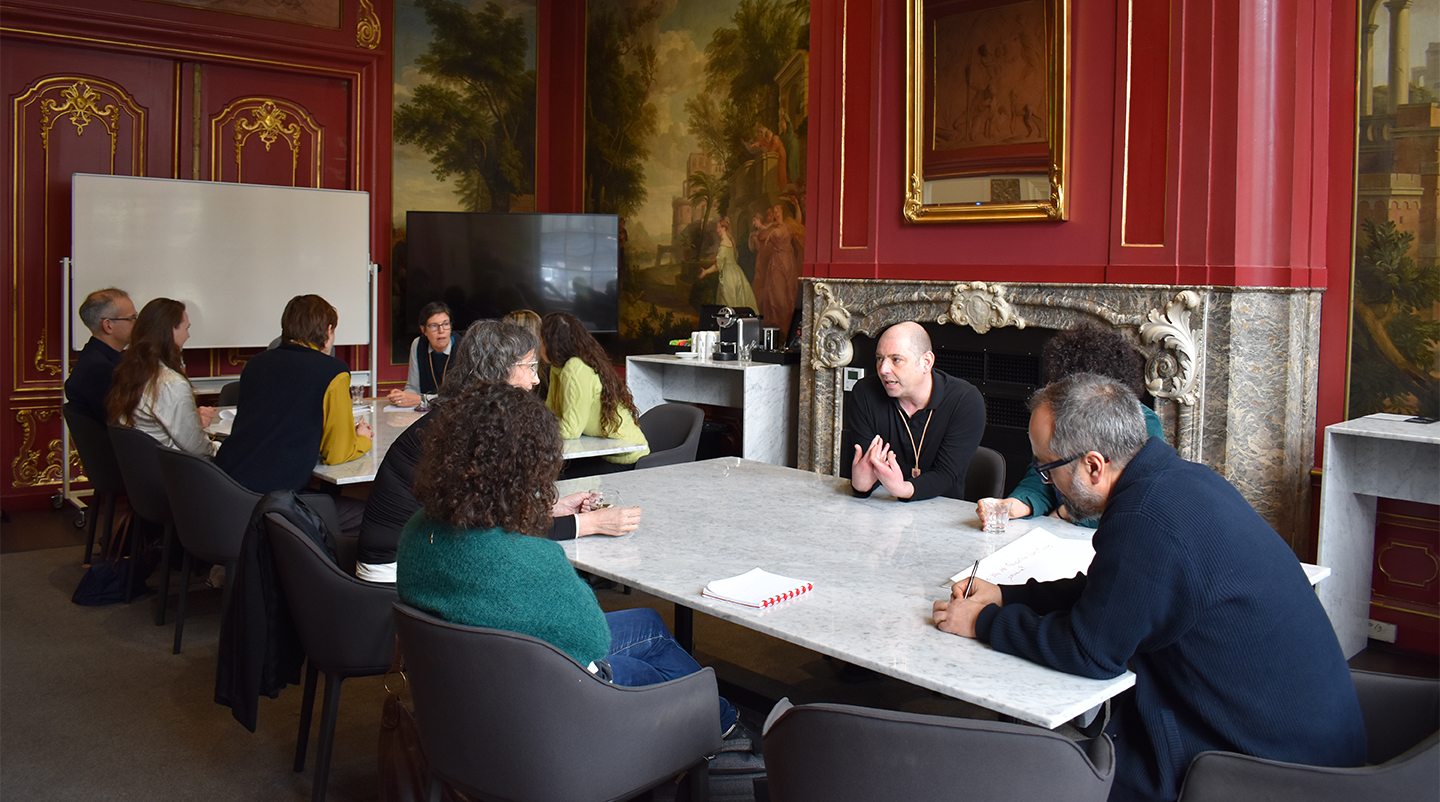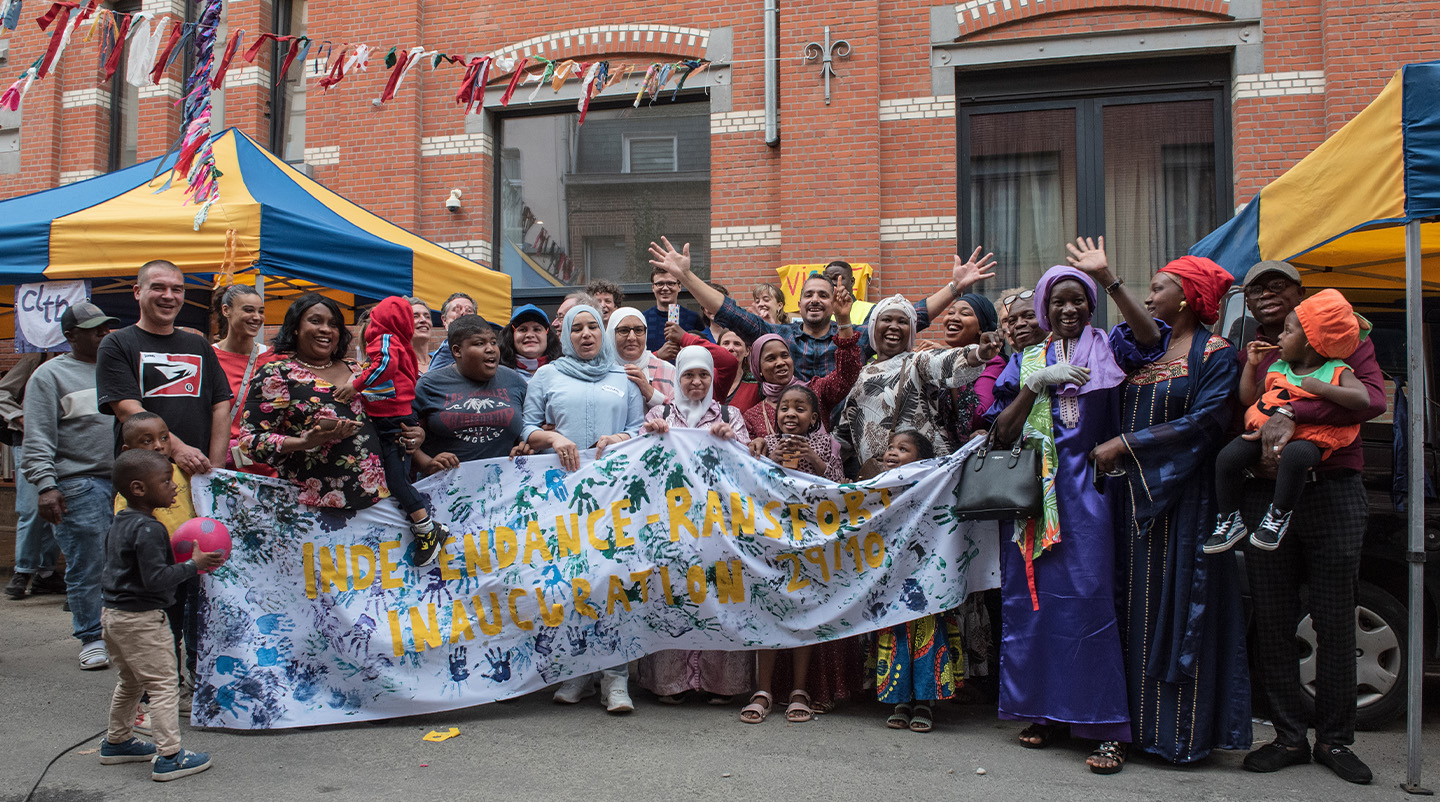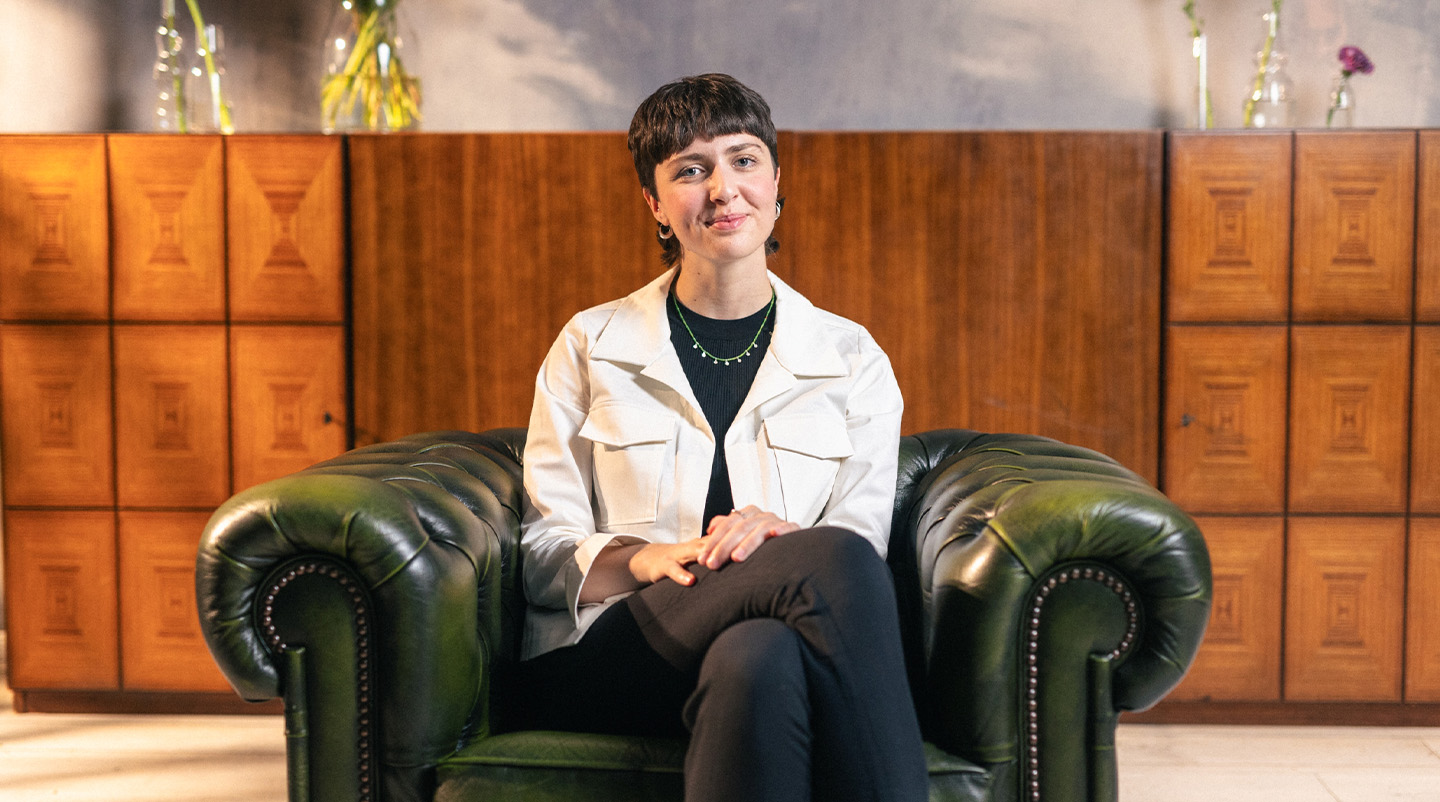When it comes to guaranteeing equal rights and opportunities to all members of society, there is a lot of work to be done, and even more so when we talk about the most vulnerable groups, such as people with disabilities. The philanthropy sector can and should use its resources, including its networks, experience and knowledge to support this equality. Read More

In January 2024, I read Philea’s blog: Why funders engage with unrestricted funding and cost recovery (and why they don’t). Its content mirrored much of what we hear at the Institute for Voluntary Action Research (IVAR) on the argument for unrestricted funding. The message about the benefits of unrestricted… Read More

Even in an era defined by myriad global challenges and conflicts, the war in Ukraine stands out as a stark reminder of the ongoing struggle between democratic principles and authoritarian might. The response of the global philanthropic sector reveals an urgent need for a more sustained and adaptable approach. Read More

Enabling philanthropy for the future means at least two things: building courageously on philanthropy’s strengths vis-á-vis other societal forces, and putting it to an honest test against the best possible version of itself. Read More

In a world where the pillars of democracy face unprecedented challenges, the relationship between philanthropy and journalism is mutually beneficial. While independent media grapples with daunting challenges and crises, the decision to fund journalism emerges not merely as an act of altruism but as an indispensable strategic imperative, wielding profound… Read More

Community Land Trust Brussels (CLTB) develops permanently affordable housing projects in Brussels for people with limited means on collectively-owned land. Read More

With improved enrolment rates, schools face their next challenge: increasing quality to let students achieve their full potential. To achieve this, we need to move to a ‘whole school approach’. Read More

The way we understand, measure, and evaluate impact is deeply intertwined with power, and acknowledging this fact is the first step toward redressing power asymmetries. Read More

Entrepreneurial landscapes evolve with each generation. We are thus witnessing a significant shift today shaped by the emerging Generation Z (or Gen Z) workforce. With their ascent into the en-trepreneurial sphere, understanding and integrating their unique values and approaches toward the sustainable and digital transition is critically important. Read More

Increasingly, foundations are showing an interest in systems change work as a means of achieving greater impact when tackling intractable issues. Read More










